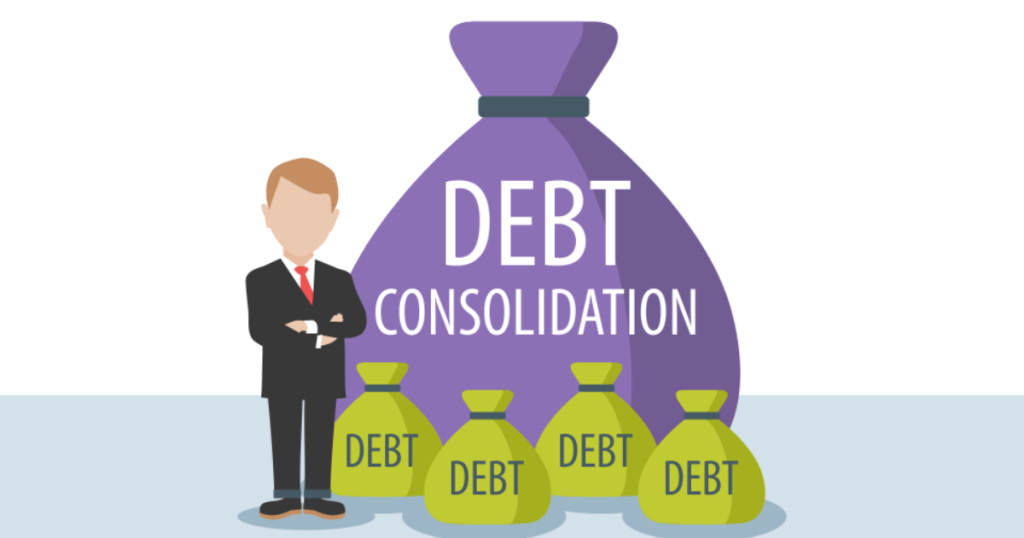
If you’re juggling multiple high-interest debts—credit cards, medical bills, or personal lines of credit—you may be considering a personal loan to consolidate them. Debt consolidation with a personal loan can simplify your finances, reduce stress, and even save you money. But is it the right move for everyone?
Let’s break down the pros and cons of using personal loans for debt consolidation so you can make an informed decision.
✅ The Pros of Using Personal Loans for Debt Consolidation
1. Simplified Payments
One of the biggest advantages of debt consolidation is combining several payments into one. Instead of tracking multiple due dates and interest rates, you make a single monthly payment—making your financial life much easier to manage.
2. Lower Interest Rates
If you have decent credit, personal loans often come with lower interest rates than credit cards. This means more of your payment goes toward the principal, not just interest—helping you pay off debt faster and more affordably.
3. Fixed Repayment Schedule
Most personal loans have fixed interest rates and a set repayment term, which means you’ll know exactly when your debt will be paid off. That predictability can make budgeting easier and help you stay motivated.
4. Potential Credit Score Boost
Consolidating debt can improve your credit utilization ratio and diversify your credit mix—both important factors in your credit score. Plus, on-time payments toward a personal loan can build a strong credit history over time.
5. Stress Reduction
Debt can be overwhelming. Consolidating it into one manageable loan may reduce anxiety and give you a clearer financial path forward.
❌ The Cons of Using Personal Loans for Debt Consolidation
1. Upfront Costs or Fees
Some lenders charge origination fees, prepayment penalties, or other charges that can add to the cost of the loan. Always read the fine print before signing.
2. You Might Not Qualify for a Lower Rate
If your credit score is low, you may not qualify for a better interest rate than what you’re currently paying—making debt consolidation less effective.
3. Temptation to Re-Use Credit Cards
After paying off your credit cards with a personal loan, you might be tempted to start using them again. This can quickly lead to more debt and worsen your financial situation.
4. Longer Repayment Terms Could Cost More
While lower monthly payments might feel like a relief, stretching your repayment over a longer term can lead to paying more in interest over time—especially if the rate isn’t significantly lower.
5. Risk of Falling Behind
Missing payments on your personal loan can damage your credit and potentially lead to legal action. It’s essential to be sure you can commit to the new repayment schedule.
Final Thoughts
Debt consolidation through a personal loan can be a smart way to regain control of your finances, especially if you can secure a lower interest rate and stick to a disciplined repayment plan. But it’s not a one-size-fits-all solution. Be honest about your spending habits and financial discipline before making a move.
Before committing, compare multiple lenders, understand all loan terms, and consider speaking with a financial advisor or credit counselor. When used wisely, a personal loan can be a powerful tool on your journey to financial freedom.
Need help finding the right debt consolidation solution? At JDP Credit Solutions, we offer personalized debt consolidation options that fit your unique situation. Contact us today to explore how we can help you get back on track.
